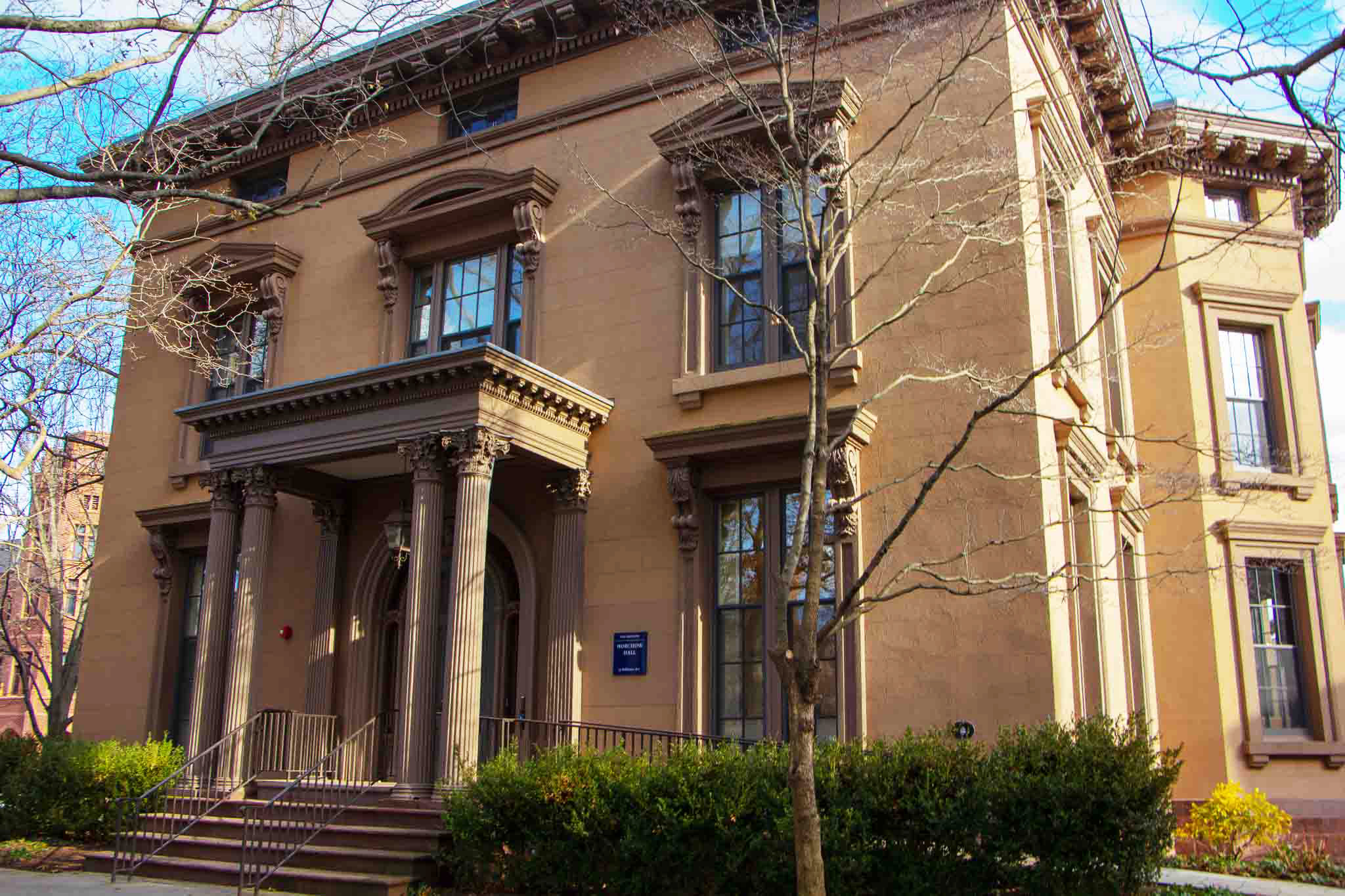
Nearly a year ago, University President Peter Salovey announced that the existing Jackson Institute for Global Affairs would become the Yale Jackson School of Global Affairs. Now, students at Jackson find themselves in a unique position where their input will help shape the future of Yale’s newest professional school.
In its report released in November 2018, the Provost’s Advisory Committee on the Future of the Jackson Institute recommended a small, interconnected and academically grounded school. Even with these guiding principles in place, the school is still in its formative stages as the earliest projected opening date is fall of 2022, according to a statement by Salovey in 2019. Today’s Jacksonians study global affairs in a significantly smaller and more intimate environment than their peers at Harvard’s Kennedy School of Government and Princeton’s Wilson School of Public and International Affairs — its closest analogous peer institutions. According to students interviewed by the News, Yale’s comparative intimacy will shape the school’s ethos as it aims to become a world class policy institute.
“I’m confident that the school will succeed because of its deep-rooted community,” said Robin Schmid GRD ’21 in an interview with the News. “We have town halls with [Jackson Director Jim Levinsohn] who directly solicits feedback … this is not a top down administration.”
Schmid and others noted the extent to which students have a role in shaping the school at present, and to an extent, its future. She commented that the centerpiece of students’ debates on the future of the school will have to do with its curriculum.
At present, Jacksonians take a curriculum of 16 courses, three of which are required foundational classes. The rest of the curriculum is open-ended but mediated by a “matrix” of courses related to global affairs at all of Yale’s graduate and professional schools.
Ryan Nabil GRD ’20 expanded on Schmid’s point, referring to a statistics course that he believed was modified within a year’s time to accommodate student feedback on its pertinence to the Jackson degree. All five students interviewed by the News emphasized that the size of the community is what will allow them to cultivate Jackson’s culture on the blank slate of the institution’s memory.
Conversations about cultivating an institution’s culture from scratch harken back to the School of Management’s founding in 1971. SOM, like Jackson, came to life as Yale’s response to a market where peer institutions had existing business or policy schools, prompting the question of how Yale would differentiate itself from its peers. With SOM, there was the ethos of its novel “Business and Society.” For Jackson, the students felt that the school’s connection to the future was a hallmark of their experience to date.
“Jackson is obsessed with the future,” Adam Hammer GRD ’20 said. “When I visited, it felt contagious … it is a school that grows around you rather than you around it.”
Hammer elaborated on this point, explaining that while some professional schools feel attached to the “industry” of graduate school, Jackson has a different approach. Hammer appreciated the school’s willingness to invest in its people, comparing the amount of financial aid he received at Jackson to other policy schools.
Krista Mangiardi GRD ’21 echoed this point, discussing how even as a first year master’s student, she has already met with career guidance professionals.
“Jackson will be fine as long as it doesn’t grow too fast,” Nabil said.
Jackson was established in 2009.
John Besche | john.besche@yale.edu







